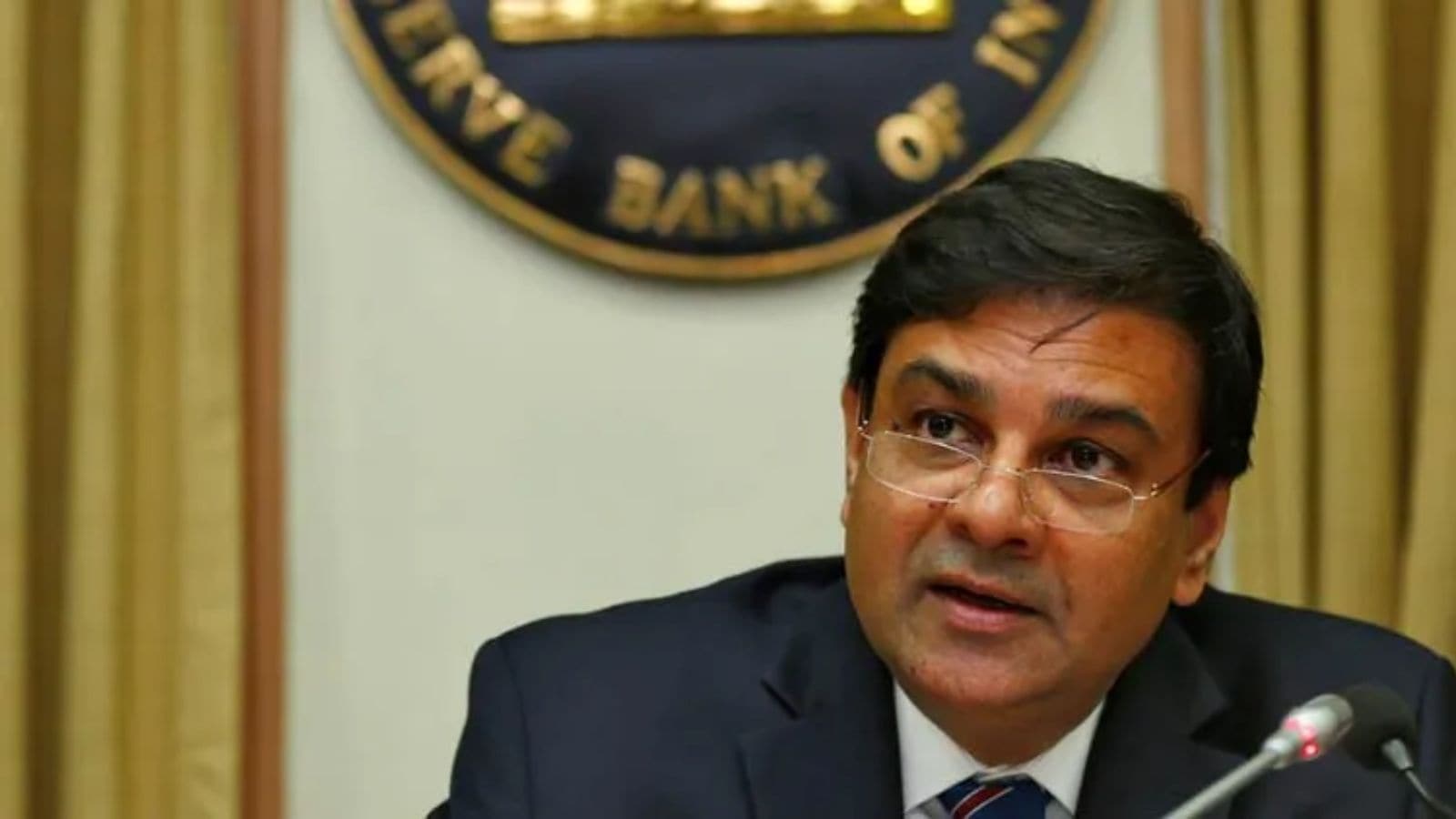The government has named former Reserve Bank of India (RBI) Governor Urjit Patel as Executive Director at the International Monetary Fund (IMF), nearly four months after it cut short Krishnamurthy Subramanian’s three-year term.
“The Appointments Committee of the Cabinet has approved the appointment of Dr Urjit Patel, Economist and Former RBI Governor, to the post of Executive Director (ED) at the International Monetary Fund, for a period of three years with effect from the date of assumption of charge of the post, or until further orders, whichever is earlier,” a government notification dated August 28 said.
Patel served as the RBI Governor from September 4, 2016 to December 11, 2018. His appointment as an Executive Director at the IMF comes almost seven years after his surprise resignation as RBI Governor in December 2018, citing personal reasons, amid a particularly fractious few months that strained the relationship between the government and the central bank.
Patel has been serving as chairman of New Delhi-based National Institute of Public Finance and Policy since June 2020.
The IMF post has been lying vacant since April 30, following the removal of Subramanian, a former chief economic advisor to the finance ministry, six months before the end of his term. The Indian Express had reported that Subramanian’s term had ended early due to “alleged impropriety” relating to the promotion of his new book, with sources saying there were reports of alleged violation of some “internal IMF protocols.”
Named as Raghuram Rajan’s successor, Patel was the first RBI Governor to decide on monetary policy and interest rates as part of a committee, following the formation of the Monetary Policy Committee in October 2016. This was part of the reformed monetary policy framework that saw the central bank adopt a flexible inflation targeting framework recommended in January 2014 by a committee led by Patel himself, while he was Deputy Governor. It was under Patel’s governorship that the RBI met its medium-term inflation target of 4 per cent, reducing average Consumer Price Index (CPI) inflation in 2017 to 3.3 per cent and 4 per cent in 2018 from 6.7 per cent in 2014, 4.9 per cent in 2015, and 5 per cent in 2016.
However, Patel — who first joined the RBI as a Deputy Governor in January 2013 — saw his stock with the government fall rapidly due to issues ranging from the central bank’s independence to the country’s insolvency and bankruptcy code. The bone of contention in the former was the RBI’s economic capital framework, which determines how much reserves the central bank should hold and how much money it should transfer as dividend to the Centre every year.
Story continues below this ad
The finance ministry — during Subhash Chandra Garg’s time as the Economic Affairs Secretary — was of the opinion that the RBI was holding far more capital than required, while the central bank thought differently. The matter escalated to the level of Prime Minister Narendra Modi, who told Patel in a meeting that the RBI “could not be squatting on excess capital like a snake sits on a treasure”, Garg wrote in his book, We Also Make Policy, released in October 2023.
The insolvency and bankruptcy law code was also a sore issue for Patel. In his book, Overdraft: Saving the Indian Saver, released in July 2020, Patel said the new bankruptcy law was deliberately weakened by sowing “disorder” as “the prospect of a transparent, time-bound process on autopilot for recovering debt was unsettling”.
Describing the aftermath of the central bank’s February 12, 2018 circular — which spelt out an amended method for the resolution of banks’ stressed assets but was struck down by the Supreme Court in April 2019 — Patel wrote that he and the then finance minister, the late Arun Jaitley, were “until then, for the most part…on the same page”. However, the February 2018 circular led to a “legal onslaught” on the RBI, Patel wrote.
As an executive director at the IMF, Patel will be a member of the multilateral agency’s executive board, which discusses the national, regional and global consequences of each member’s economic policies, approves financing to help member-countries address temporary balance of payments problems, and oversees the Fund’s capacity development efforts.

